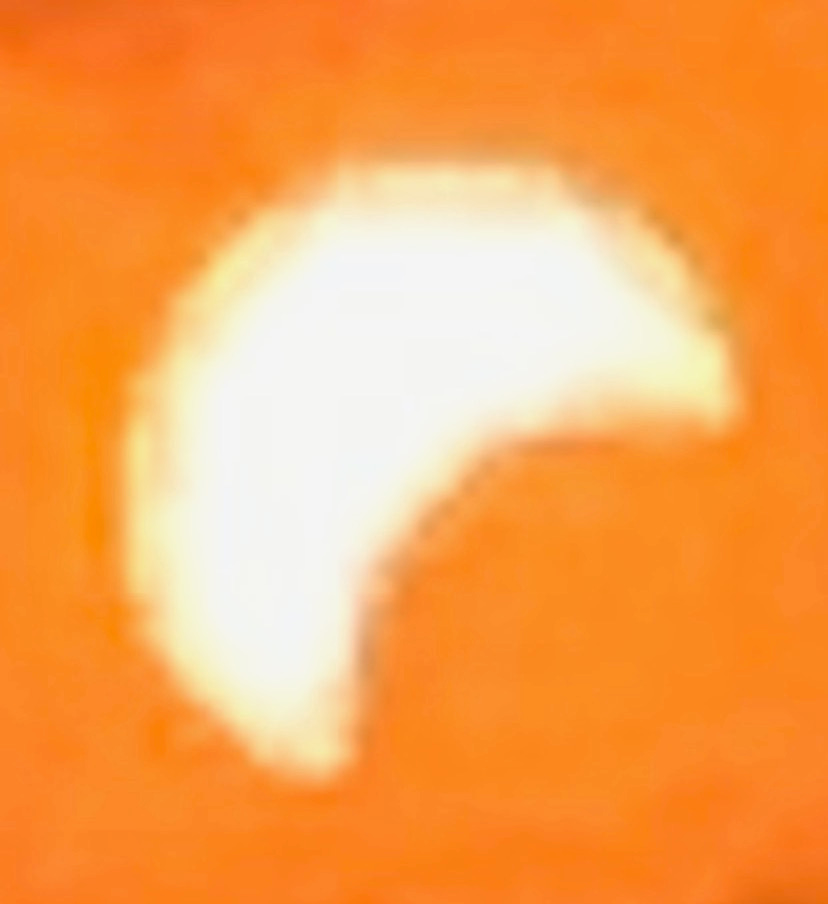
With Labor Day on Monday and the American Political Science Association meeting starting on Thursday in Philadelphia, there will only be one post from me next week, probably on Wednesday. I’ll be back to regular, twice-a-week posting the week of September 9.
It’s hard to imagine now, but there was a time when I longed very deeply to be religious. And for a brief time, I nearly achieved it. But that was a long time ago. My tepid faith waned slowly over years until going to church with my family left me feeling like a blind man feigning appreciation of a widely admired painting of purported beauty. I would nod reverently, go along with the motions at Catholic Mass, drop my kids off to “church school” on Sunday morning, but inside I felt nothing. Or rather, I felt like a fake.
I’m no longer pretending.
During the period when my faith was fading, I wrote an article for The New Republic, and then expanded on it for a book chapter, lambasting the so-called New Atheists who got so much attention in the decade following the September 11 attacks. My take on Sam Harris, Richard Dawkins, Daniel Dennett, and Christopher Hitchens wasn’t so much that their affirmation of godlessness was wrong. It was that their proselytizing, bullying style of atheism was dogmatic—and that this kind of dogmatism is incompatible with intellectual and political liberalism.
I still believe that. I never describe myself as an atheist, because that term conveys objective certainty—that I know there is no God. But I know no such thing. I could die tomorrow and wake up to find myself confronting the creator of the universe, having to defend the way I lived my life in order to justify my eternal reward (or, perhaps, to ward off eternal punishment). But I don’t think that’s at all likely. I think it’s far more likely that when I die, I will fall into the dreamless sleep of oblivion.
The story of how I got here is very much my own—a product of my upbringing, my psychological disposition, my education, and my distinctive experiences. Yet I think those who struggle with religion—who feel a stirring in themselves when encountering genuine piety, while finding it difficult or impossible to affirm the reality of what the pious presume about the nature of existence—may find something useful in the story of my journey toward, and then away from, faith. Whether it proves to be more useful as a guide or, instead, as a cautionary tale conveying how not to respond to the question of God—well, that’s something you, Dear Reader, will have to decide for yourself.
Learning to Long for God
Keep reading with a 7-day free trial
Subscribe to Notes from the Middleground to keep reading this post and get 7 days of free access to the full post archives.




